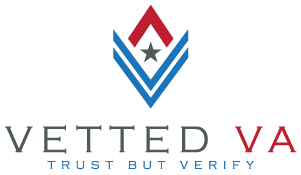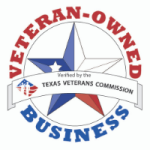How do I refinance using my VA Home Loan?
You can use your VA home loan benefit to refinance your existing VA home loan to a lower interest rate, with little or no out-of-pocket cost. This is called an Interest Rate Reduction Refinancing Loan (IRRRL), also known as a “rapid refinance” or a “streamline refinance.”
Generally, no appraisal, credit information, or underwriting is required for this refinancing option, although some lenders may require an appraisal and credit report. The fees and charges associated with the refinancing loan may be incorporated




